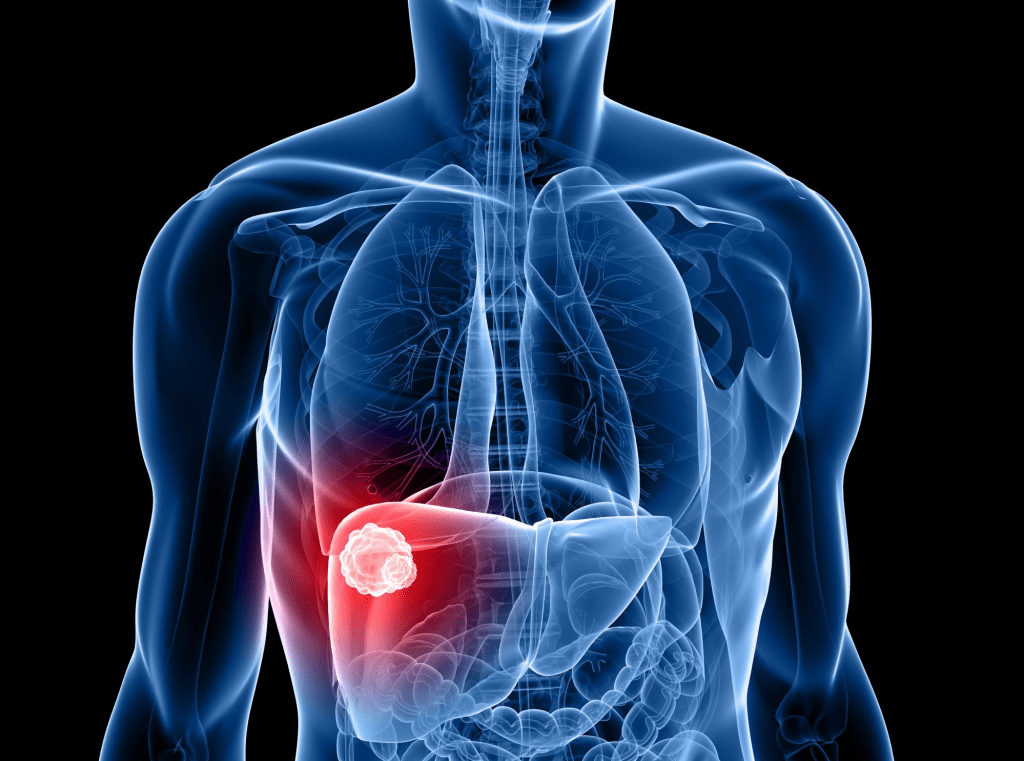Liver cancer cases rising due to preventable factors

A report published by The Lancet has found that three out of five liver cancer cases worldwide are linked to preventable risk factors, according to coverage by Africanews on August 4.
The report published on July 29, estimates that more than 60 percent of liver cancers could be prevented by addressing key contributors such as viral hepatitis, excessive alcohol consumption, and metabolic dysfunction-associated steatotic liver disease (MASLD), a condition caused by the build up of fat in the liver.
Without immediate intervention, the global burden of liver cancer is expected to nearly double by 2050. New cases could rise to 1.52 million annually, while deaths may increase from 760,000 to 1.37 million over the same period.
The threat is especially concerning for Africa, where liver cancer cases are projected to rise sharply by 2050.
The Lancet Commission highlights MASLD and its more severe form, metabolic dysfunction-associated steatohepatitis (MASH), as the most rapidly growing causes of liver cancer. Cases linked to MASH are expected to increase by 35 percent by 2050.
Professor Hashem El-Serag, a hepatologist at Baylor College of Medicine and one of the report’s lead authors, emphasises that liver cancer suffers from a lack of public recognition and is not receiving the urgent attention it requires.
Obesity rates rising in he U.S., Europe, and Asia are fueling this trend, with over 55% of U.S. adults predicted to develop MASLD by 2040.
Similar trends are forming in Africa where refined sugars and unhealthy diets are becoming increasingly common.
Dr. Ahmed Kalebi notes that in some African communities, obesity is still culturally associated with prosperity and social status. He believes that this perception must change.
However, he does make a link between diet and poverty and believes this is driving much of the rise.
He stated: “Metabolic liver disease or metabolic symptoms in general is actually becoming a poor man’s disease because the people who are poor are the most affected by poor diet because they are taking unhealthy foods. So unhealthy foods are becoming a bigger problem among the poor in the third world, in the rural areas because they are not aware. So, somebody takes Fanta and Coke with bread for lunch, which is very unhealthy. It used to be seen that these kinds of foods are a sign of affluence, It used to be seen that a pot belly or weight is a sign of affluence, it is actually the other way round. We need to change that narrative.”
At the moment, liver cancer cases linked to hepatitis B and C are projected to decline slightly due to increased access to vaccination and treatment.
The Commission calls for global action, including expanded hepatitis B vaccination programs, stronger alcohol control policies, early screening for individuals at high risk such as those with obesity or diabetes, and greater public awareness campaigns. Improved early detection and better access to palliative care are also key priorities
A reduction in liver cancer incidence by just 2 to 5 percent annually could prevent up to 17 million new cases and 15 million deaths by 2050.
Professor Hashem El-Serag attributes the rising rates of liver cancer in Africa largely to infections from Hepatitis B and C, noting that the region continues to lag behind the rest of the world in both screening and vaccination efforts.
He also highlights the growing impact of obesity as a significant contributor, particularly as African countries adopt more Westernised lifestyles and diets.
“Africa is not exempt from the obesity epidemic,” he explains. “As lifestyles and eating habits become more Westernized, the continent faces a combination of risk factors. There are the persistent older threats like viral hepatitis, which are not being addressed quickly enough, and now there is a wave of new risks emerging due to globalization.”
Liver cancer is currently the sixth most common cancer worldwide and the third leading cause of cancer-related deaths. Experts believe that with targeted prevention efforts, the global trajectory of the disease can be significantly altered.
Africanews, Maghrebi.org
Want to chase the pulse of North Africa?
Subscribe to receive our FREE weekly PDF magazine












